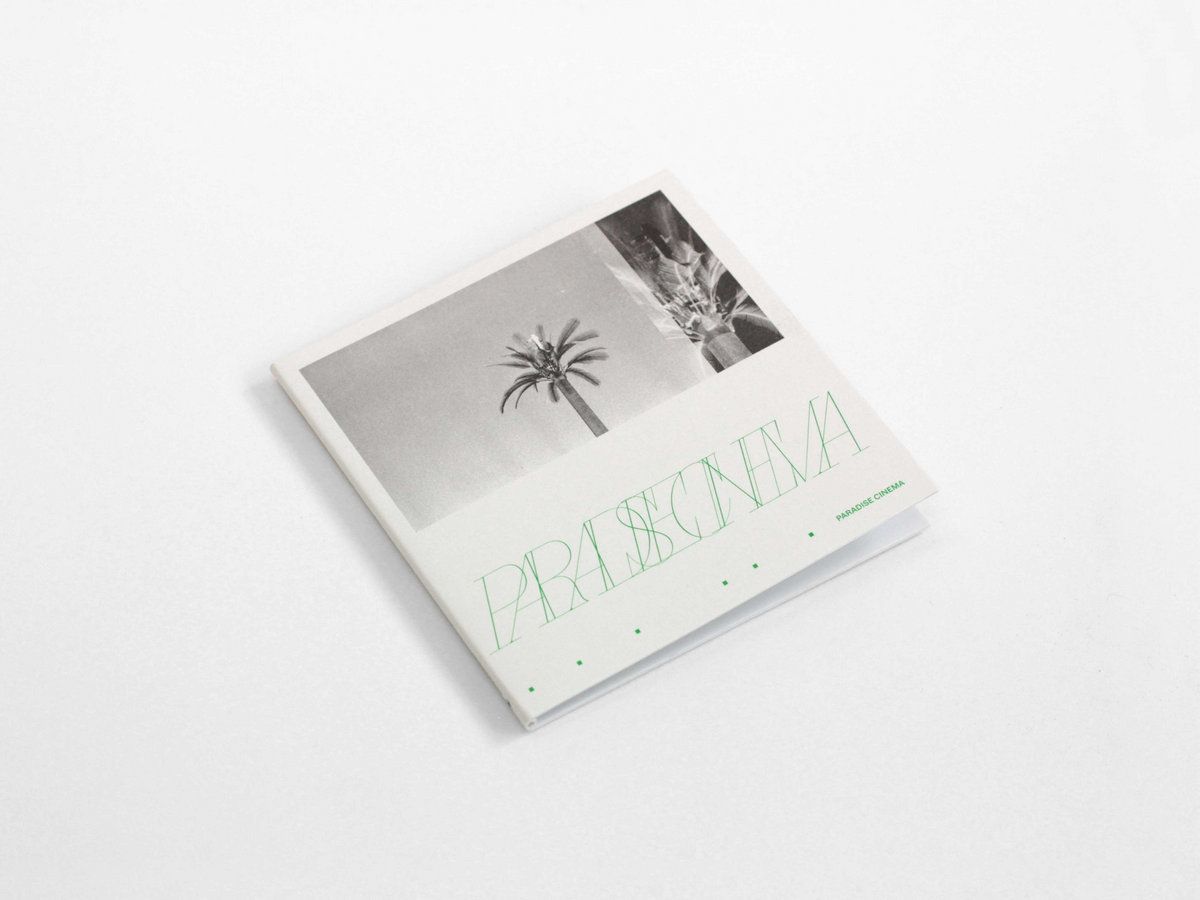Paradise Cinema’s first LP is immersive and dreamlike

Paradise Cinema
Paradise Cinema
Gondwana Records · October 9, 2020
Jack Wyllie, under the moniker Paradise Cinema, released his first full-length album. The eight-track album was recorded in Dakar, Senegal, and offers a taste of the thriving music scene there. Specifically, the album hints at the mbalax dance music of Senegal and Gambia. This genre originated from the sabar music of the Wolof people, but now includes influences from a vast array of other African popular music. In the album’s release notes, Wyllie explains that the mbalax influence is paired with subtle electronic elements that suggest “utopian ideas about [Dakar’s] potential futures.” With Paradise Cinema, Wyllie has created an ambience that reflects traditions of the past alongside a sense of anticipation for the future. He explains that while in Dakar, the music would often be heard all through the night—until about 6 a.m. In his notes he writes, “I could hear this from my bed at night and it all blended together, in what felt like an early version of the record.”
Although a multi-instrumentalist himself, Wyllie also collaborated with Khadim Mbaye and Tons Sambe on sabar drums and tama drums, respectively. Throughout the LP, these rhythms appear and disappear in between the fog of synth pads. They demand the listener’s attention at some points, most notably at the start of the album with “Possible Futures” and at the conclusion with “Eternal Spring.” However, the rhythms are more understated when they are used to complement wind instruments as in the heavy song, “Casamance,” and the somewhat eerie “Paradise Cinema.” In fact, in the middle of the album, “Utopia” takes a complete pause from these sabar and tama drum beats to give way to glimmering synths. The LP is meticulously crafted so that the drums emerge at just the right times and at just the right pace throughout the album. Not to mention, both percussive and melodic musical phrases are looped to create a gradual build in nearly every song on the album.
In general, Wyllie strikes an impressive balance between an often distant, hazy quality and more insistent, crisp sections. “Possible Futures” is a remarkable start to the LP, and makes the synth pads sound nearly orchestral, while slowly pushing a rich drum beat to the forefront during the first half of the track. The album suddenly takes on a more frenetic sound with “It Will Be Summer Soon.” The tempo is faster, and a wind instrument is added in. First, only one wind instrument is heard. However, towards the end of the track, the wind instrument is put through a mesmerizing delay effect. This frantic energy is reflected in other tracks later in the album, like “Digital Palm.” “Casamance” features a staggering wind instrument part that is smooth but also bold at times. After the fast pace of “It Will Be Summer Soon” and the attention-grabbing solo of “Casamance,” “Utopia” stands out as the most minimal track on the album. Still, it very successfully evokes the idea it is named for. The soft and dreamy electronic instrumentation immediately brings to mind the coolness and beauty of a futuristic cityscape.
The track “Liberté” then brings back the persistent drumming introduced at the start of the album, and is also a point of interest as it incorporates mbira or marimba-like sounds at the end. The diversity of style in the album is vast, but everything is tastefully blended together such that the Senegalese instruments and digital synths seem as though they are meant to be combined.
Wyllie, Mbaye, and Sambe close out the album with the strongest piece. In “Eternal Spring,” the drums are central at the beginning of the piece and even have enough pitch that they could be considered the melody. Then, in a way that is just startling enough to generate chills, bass-heavy synths fill in. The song concludes with an atmosphere reminiscent of jangling bells but with a slightly digitized feel. Overall, the album creates a palpable atmosphere through its juxtaposition of rhythm and tones, beautiful traditions and hopes for the future. Paradise Cinema is a dreamy, wonder-filled journey through the music scene of Dakar, Senegal.